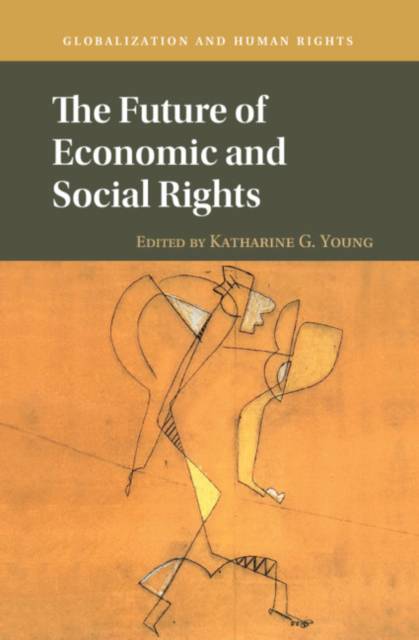
- Afhalen na 1 uur in een winkel met voorraad
- Gratis thuislevering in België vanaf € 30
- Ruim aanbod met 7 miljoen producten
- Afhalen na 1 uur in een winkel met voorraad
- Gratis thuislevering in België vanaf € 30
- Ruim aanbod met 7 miljoen producten
Zoeken
The Future of Economic and Social Rights
€ 288,45
+ 576 punten
Omschrijving
The future of economic and social rights is unlikely to resemble its past. Neglected within the human rights movement, avoided by courts, and subsumed within a single-minded conception of development as economic growth, economic and social rights enjoyed an uncertain status in international human rights law and in the public laws of most countries. However, today, under conditions of immense poverty, insecurity, and political instability, the rights to education, health care, housing, social security, food, water, and sanitation are central components of the human rights agenda. The Future of Economic and Social Rights captures the significant transformations occurring in the theory and practice of economic and social rights, in constitutional and human rights law. Professor Katharine G. Young brings together a group of distinguished scholars from diverse disciplines to examine and advance the broad research field of economic and social rights that incorporates legal, political science, economic, philosophy and anthropology scholars.
Specificaties
Betrokkenen
- Uitgeverij:
Inhoud
- Aantal bladzijden:
- 706
- Taal:
- Engels
- Reeks:
Eigenschappen
- Productcode (EAN):
- 9781108418133
- Verschijningsdatum:
- 30/05/2019
- Uitvoering:
- Hardcover
- Formaat:
- Genaaid
- Afmetingen:
- 152 mm x 229 mm
- Gewicht:
- 1111 g

Alleen bij Standaard Boekhandel
+ 576 punten op je klantenkaart van Standaard Boekhandel
Beoordelingen
We publiceren alleen reviews die voldoen aan de voorwaarden voor reviews. Bekijk onze voorwaarden voor reviews.










